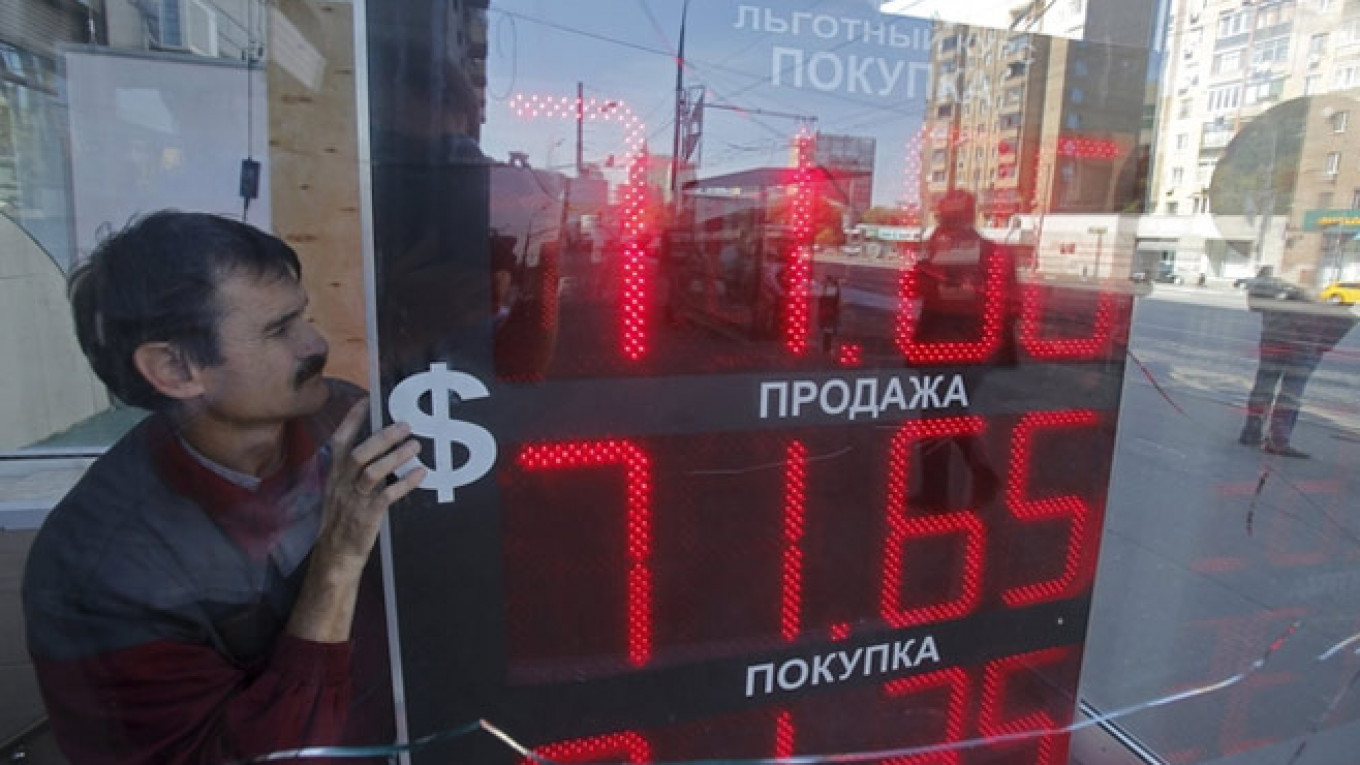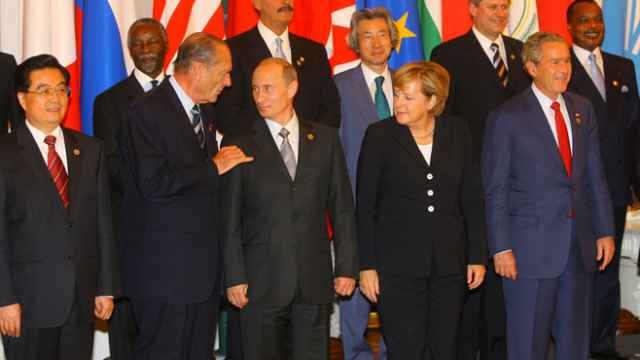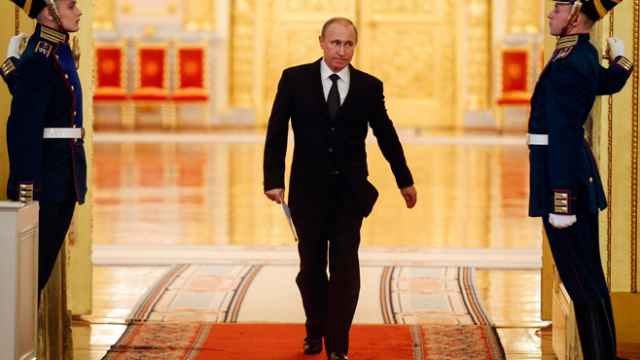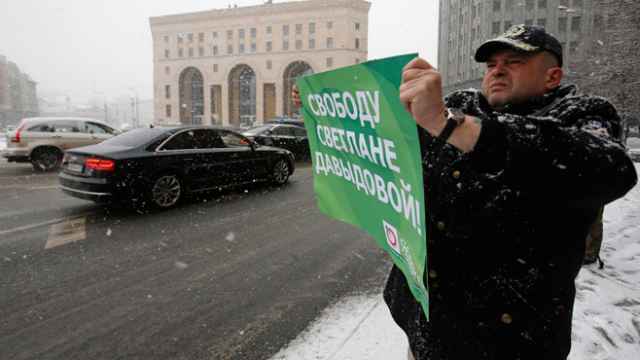The current crisis is unlike those of 1998 and 2008 that most of us remember. It is both longer and very different than the others, and it does not help that both the Russian people and Kremlin leaders have frivolously high expectations concerning its outcome. Everyone is clearly ready for a crisis, but they are prepared for a repeat of previous crises, and not for the one that has actually come.
According to economist Konstantin Sonin, the authorities' incompetent response to the crisis is reminiscent of the "theater of the absurd" of 1990, when leaders' actions and words had no connection to what was actually happening with the economy. In commenting on how officials now say the economy has already hit bottom, Sonin points out that the recession that began in 1990 reached its nadir only seven years later.
Commentator Kirill Rogov notes that, following their experience with the crises in 1998 and 2008, the Russian people have come to expect a relatively rapid "V-shaped" decline and recovery.
However, a comparison that economist Sergei Aleksashenko conducted of the former and current crises shows that they have little in common.
"Whereas in 2008-2009, domestic industry and railway transport hit bottom in January, this time the majority of indicators are falling much more slowly and the bottom is nowhere in sight," he wrote. What's more, the government offset losses during the previous crisis with an increase in social payments.
The government does not have the same safety margins in the current situation: it has already begun making cuts to social spending and will continue to do so. The Western sanctions cut off Russian companies from international capital and, coupled with Russia's counter-sanctions, exert a long-term downward pressure on the economy.
The market is flooded with excess oil and, what's more, an even greater glut is expected — in part due to the lifting of sanctions against Iran and partly because of the growing profitability of alternative sources of energy.
Most importantly, the overall political perspective is fundamentally different than that of six and 16 years ago. Russia was then a developing post-Soviet power with an untapped market in a number of areas. The government was the subject of some intrigue: Where would it go? How would it proceed? Russia's partners were quick to overlook the war with Georgia in 2008 and proceeded under the assumption that if the Russian economy were to fail, in market terms it would simply mean a good time to buy.
Now, however, Russia is pursuing a policy of political and not economic expansion. Its prospects are increasingly difficult to assess in terms of the market because politics overshadow everything else.
The word "repression" is increasingly used with regard to the government's relationship to its domestic opponents and Moscow displays ever greater arrogance toward its neighbors.
Many internal changes are simply inevitable: the economy and society will have to adapt to Russia's decision to close itself off from the outside world. And all of this suggests that Russia will emerge from the current crisis a different country than it was at the start.
Maxim Trudolyubov, an editor at the independent Russian newspaper Vedomosti, is a director at the Center for New Media and Society at the New Economic School in Moscow. This comment originally appeared in Vedomosti.
A Message from The Moscow Times:
Dear readers,
We are facing unprecedented challenges. Russia's Prosecutor General's Office has designated The Moscow Times as an "undesirable" organization, criminalizing our work and putting our staff at risk of prosecution. This follows our earlier unjust labeling as a "foreign agent."
These actions are direct attempts to silence independent journalism in Russia. The authorities claim our work "discredits the decisions of the Russian leadership." We see things differently: we strive to provide accurate, unbiased reporting on Russia.
We, the journalists of The Moscow Times, refuse to be silenced. But to continue our work, we need your help.
Your support, no matter how small, makes a world of difference. If you can, please support us monthly starting from just $2. It's quick to set up, and every contribution makes a significant impact.
By supporting The Moscow Times, you're defending open, independent journalism in the face of repression. Thank you for standing with us.
Remind me later.








